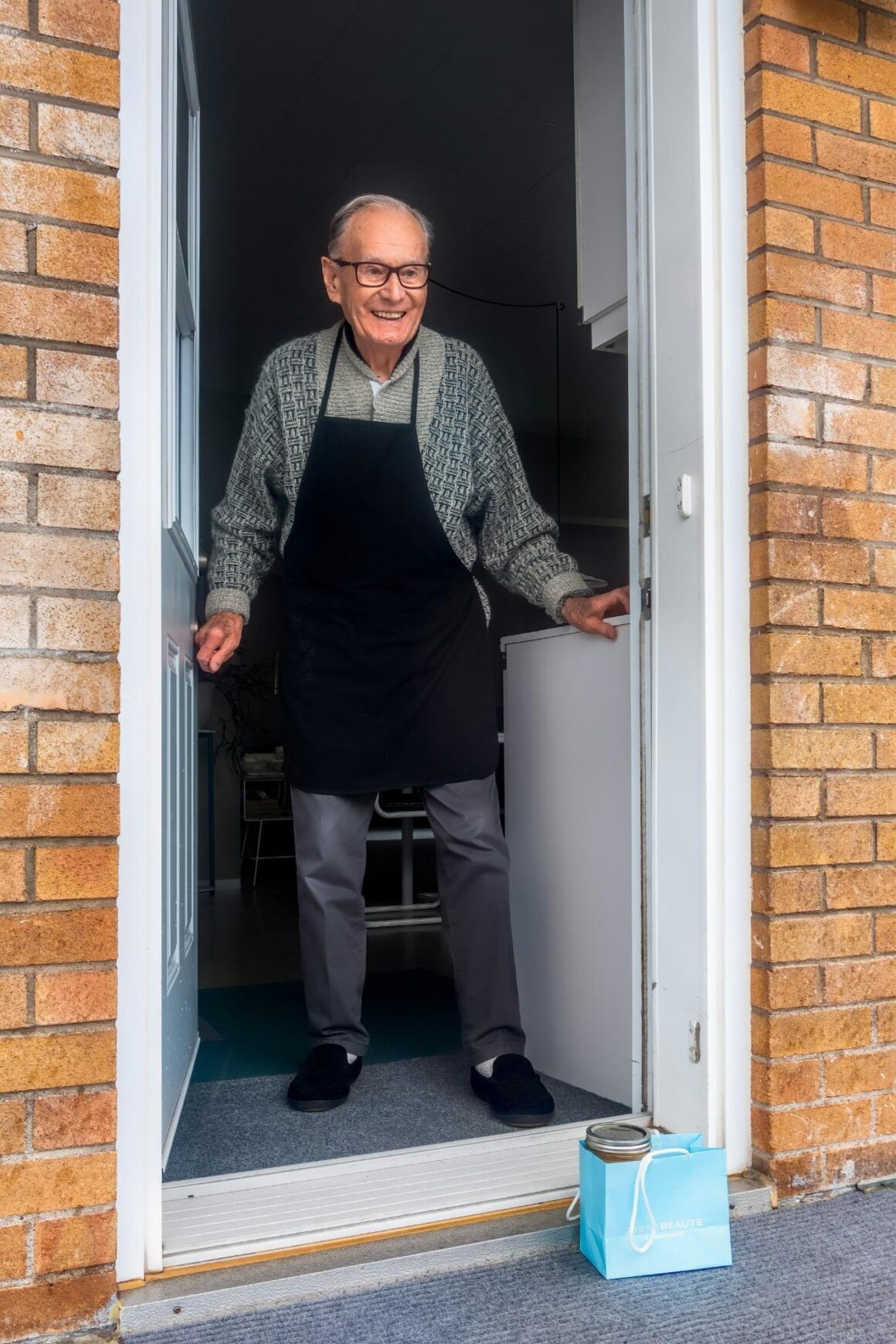By: Gabriel Rodriguez
In a world increasingly focused on environmental responsibility, the concept of sustainable living has become a crucial ethos guiding lifestyle choices across generations. Defined by mindful consumption, renewable resources, and a commitment to minimizing ecological footprints, sustainable living offers a pathway to a greener, healthier future.
In the realm of senior communities, this concept takes on a special significance. As older adults seek living arrangements that support both their needs and their values, sustainable communities are emerging as a popular choice. These communities not only prioritize environmental conservation but also foster a sense of community, wellness, and connection to nature—all essential elements for healthy aging.
Joseph J. Jedlowski, New Jersey’s founder of Distinctive Healthcare, delves into the various facets of sustainable living within senior communities. From eco-friendly amenities to innovative wellness programs, he lends his exceptional experience in senior living development to explore how these communities are leading the way towards a more sustainable and fulfilling lifestyle for older adults, uncovering the intersection of sustainability and senior living.
Understanding Sustainable Living
Sustainable living embodies a set of principles aimed at minimizing environmental impact while maximizing resource efficiency and social responsibility. Key facets include reducing carbon footprint and energy consumption through the adoption of renewable energy sources, energy-efficient technologies, and mindful consumption habits.
“By embracing conservation practices and waste reduction strategies, individuals contribute to preserving natural resources and mitigating the effects of climate change,” says Joseph J. Jedlowski. “For seniors, sustainable living offers multifaceted benefits.”
Beyond environmental stewardship, it promotes healthier lifestyles by encouraging physical activity, outdoor engagement, and access to fresh, locally sourced foods. Additionally, sustainable communities often foster social connections and a sense of purpose, which are vital aspects of well-being in later life. By integrating sustainability into their daily lives, seniors not only contribute to a more ecologically resilient future but also enhance their own quality of life and that of future generations.

Designing Sustainable Senior Communities
Eco-friendly design in senior communities is more significant than is often supposed. By prioritizing sustainability from the outset, developers can create environments that promote health, well-being, and environmental stewardship.
Notes Joseph J. Jedlowski, “Incorporating renewable energy sources such as solar panels not only reduces carbon emissions but also lowers utility costs for residents.”
Utilizing green building materials and construction techniques minimizes environmental impact while creating healthier indoor environments by reducing toxins and pollutants. In addition to energy-efficient infrastructure, designing green spaces and community gardens enhances the sustainability and livability of senior communities. These spaces provide opportunities for recreation and socialization while supporting biodiversity and ecosystem health.
Access to nature has been shown to improve mental and physical health, making it a crucial component of sustainable senior living. By embracing eco-friendly design principles, senior communities can create environments that promote sustainability, enhance residents’ quality of life, and contribute to a healthier planet for future generations.
Implementing Sustainable Practices
In senior communities, implementing sustainable practices is instrumental in fostering a culture of environmental responsibility and resource conservation. Encouraging recycling and composting programs divert waste from landfills and promote the reuse of valuable resources.
“Promoting the use of energy-efficient appliances and lighting reduces energy consumption and utility costs, benefiting both residents and the environment,” says Jedlowski.
Water conservation measures are also vital components of sustainable living. Initiatives such as installing low-flow fixtures, capturing rainwater for irrigation, and promoting responsible water usage contribute to the preservation of this precious resource. Educating seniors on sustainable lifestyle choices empowers them to make informed decisions that align with environmental values.
Providing workshops, seminars, and informational resources on topics such as eco-friendly habits, transportation alternatives, and sustainable food choices can inspire positive change and foster a sense of collective responsibility. By incorporating these sustainable practices into daily life; senior communities play a crucial role in mitigating environmental impact and promoting a more sustainable future for all.
Social and Economic Aspects of Sustainability
In senior communities, sustainability extends beyond environmental considerations to encompass social and economic dimensions. Fostering a sense of community and collaboration is a core tenet of sustainable living. By creating opportunities for residents to connect, collaborate, and support one another, senior communities cultivate a supportive and cohesive environment that enhances overall well-being.
Sustainable living in senior communities yields significant economic benefits. Through energy and resource conservation measures, residents can lower utility costs and reduce overall expenses, contributing to financial stability in retirement. Additionally, supporting local businesses and sustainable initiatives fosters economic resilience within the community while reducing carbon emissions associated with transportation and supply chains.
By embracing sustainable practices, senior communities enhance residents’ quality of life in multiple ways. From promoting physical and mental health through access to nature and outdoor activities to fostering a sense of purpose and fulfillment through environmental stewardship, sustainability initiatives contribute to holistic well-being in later life. In essence, sustainability in senior communities encompasses a broad spectrum of social, economic, and environmental benefits that enrich the lives of residents and promote a more resilient future for all.
Sustainable living in senior communities offers a promising path forward, benefiting residents’ well-being while safeguarding the environment. To create a viable future, it’s imperative for more communities to embrace sustainability, paving the way for a greener, healthier future for older adults and generations to come.
Published By: Aize Perez













